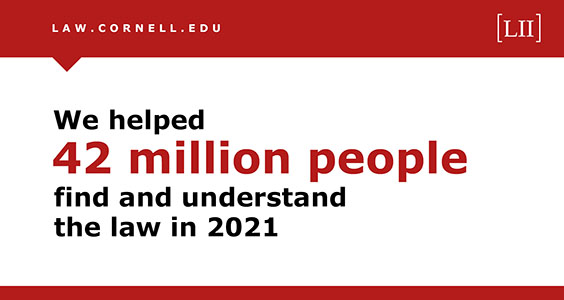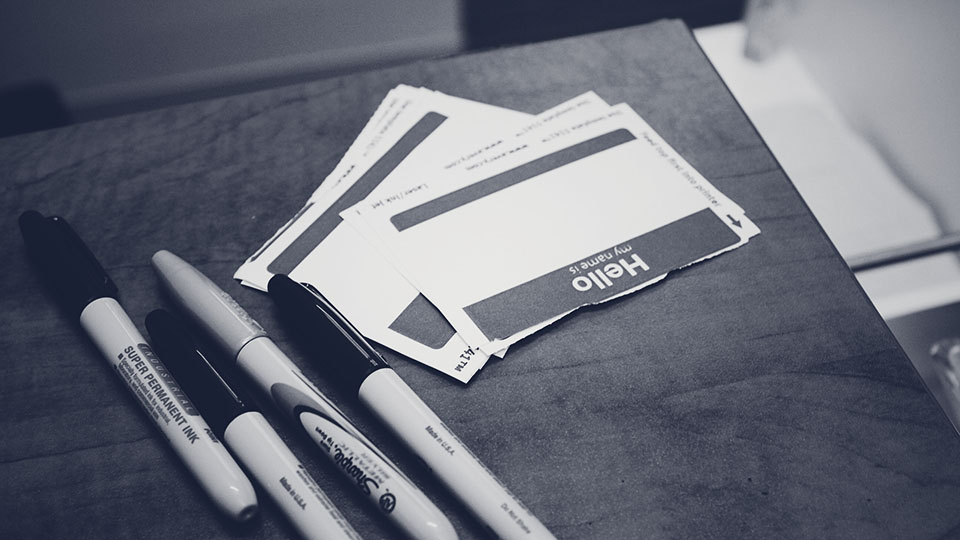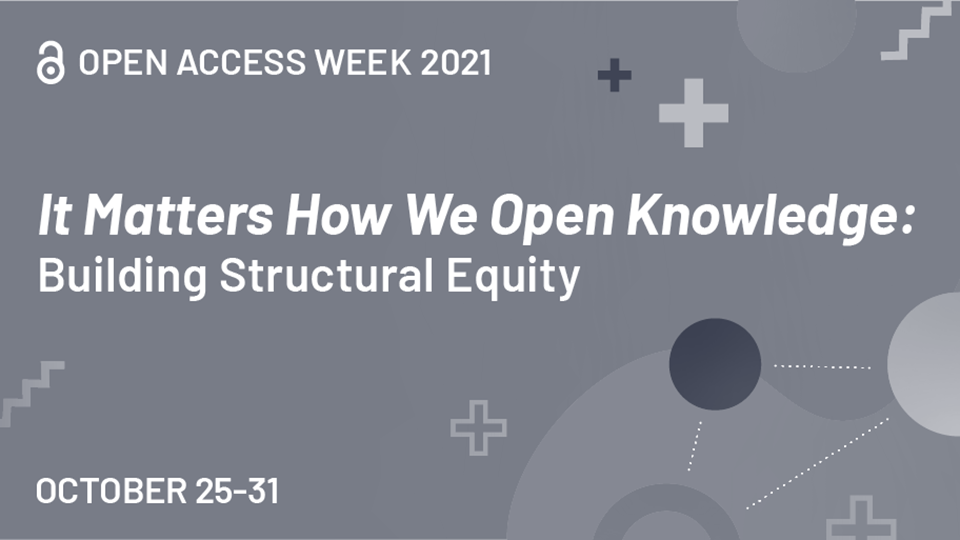Fair Use & Free Law
We’re examining subsequent developments in Free Law related to the Supreme Court’s Georgia v. Public.Resource.Org decision on the occasion of its secondary anniversary. An accompanying article highlights three pieces of ongoing litigation that all cite to that case; but, this one dives a little deeper on one particular issue– fair use.
In the PRO case, the Supreme Court noted that the copyright defense of fair use was far from a perfect solution for testing the limits of copyright. In hypothesizing about a world where the non-binding work product of courts and legislators enjoyed the “instant and automatic” protection of copyright unless expressly disclaimed by the state, the Court noted that “citizens, attorneys, nonprofits, and private research companies would have to cease all copying, distribution, and display of those works or risk severe and potentially criminal penalties.” The Court continued, “Some affected parties might be willing to roll the dice with a potential fair use defense. But that defense, designed to accommodate First Amendment concerns, is notoriously fact sensitive and often cannot be resolved without a trial.” It concluded, “The less bold among us would have to think twice before using official legal works that illuminate the law we are presumed to know and understand.”
In each of the three active copyright cases involving Free Law copies of standards or model codes incorporated by reference into law, fair use is likely to play an outcome-determinative role. In NFPA v. UpCodes, the trial court denied the plaintiff’s request for a preliminary injunction specifically because the fair use defense was too fact-specific to be overcome in an early motion before development of the factual record. In ICC v. UpCodes, the fair use defense was among the reasons (but not the sole reason) the court denied the plaintiff’s motion for summary judgment.
But it is in ASTM v. Public.Resource.Org where fair use gets its most thorough day in court. In ruling that the defendant could not be liable for copyright infringement of any industry standard authored by the plaintiff that was both incorporated by reference into law and accurately reproduced by the defendant because that re-publication was fair use, the court included a 187-page Appendix that runs through the fair use analysis for each of the 217 standards that PRO reproduced.
Federal law, particularly 17 USC Sect. 107, articulates four fair use factors:
(1) the purpose and character of the use, including whether such use is of a commercial nature or is for nonprofit educational purposes;
(2) the nature of the copyrighted work;
(3) the amount and substantiality of the portion used in relation to the copyrighted work as a whole; and
(4) the effect of the use upon the potential market for or value of the copyrighted work.
On the first factor, the court noted that the most important inquiry was whether or not the defendant stood to profit from the copying and concluded that PRO had no profit motive but was instead driven by its mission to make the law freely accessible to the public. It also considered on a standard-by-standard basis in the Appendix whether each standard “provides information essential to comprehending one’s legal duties,” as part of the inquiry whether facilitating public access to that standard might be construed as a transformative use of the copyrighted work.
On the second factor, the court again analyzed each standard individually with an eye toward whether its text was incorporated “into law in a manner akin to copying all of the standard’s text into law,” or was instead “incorporated into law in a more nuanced way, such that the standard’s text is not an easy substitute for what is incorporated into law.” The court explained that the former would more likely weigh in favor of fair use than the latter.
On the third factor, the court also needed to consider for each of the 217 standards in controversy whether PRO had reproduced more of the standard than the law had actually incorporated and found that “most of the standards at issue have been incorporated by reference into regulations that do not specify that only certain provisions of the standards are incorporated by reference into law, nor do the regulations indicate which specific provisions of the standards relate to regulatory compliance, suggesting that ‘a greater amount of the standard’s text might be fairly reproduced.’”
The court was able to take a more holistic approach to the fourth factor–the economic harm to the plaintiff. Noting that it had been 14 years since PRO had first started reproducing the standards in question and that 4 years had elapsed since the plaintiff’s expert had first opined on the possible future harm, the court found that on the evidence before it “a reasonable jury could not return a verdict” that PRO’s actions had caused or would likely cause economic harm to the plaintiff with regard to the specific standards at issue.
The district court’s detailed and thorough analysis is a stark reminder of the Supreme Court’s warning that fair use is not the ideal vehicle for solving these disputes. As the Supreme Court warned, the fair use defense is extremely fact-specific and creates high-stakes litigation that can seldom be resolved short of a trial. And yet, the limitations of the Government Edicts Doctrine keep driving trial courts to resort to the fair use analysis to solve these disputes. Perhaps one day both the authors of standards and model codes on one hand and Free Law advocates on the other will get a clear set of “as a matter of law” rules that will guide these disputes; but, until then, it seems that the fair use defense will play exactly the role that SCOTUS warned us about.










